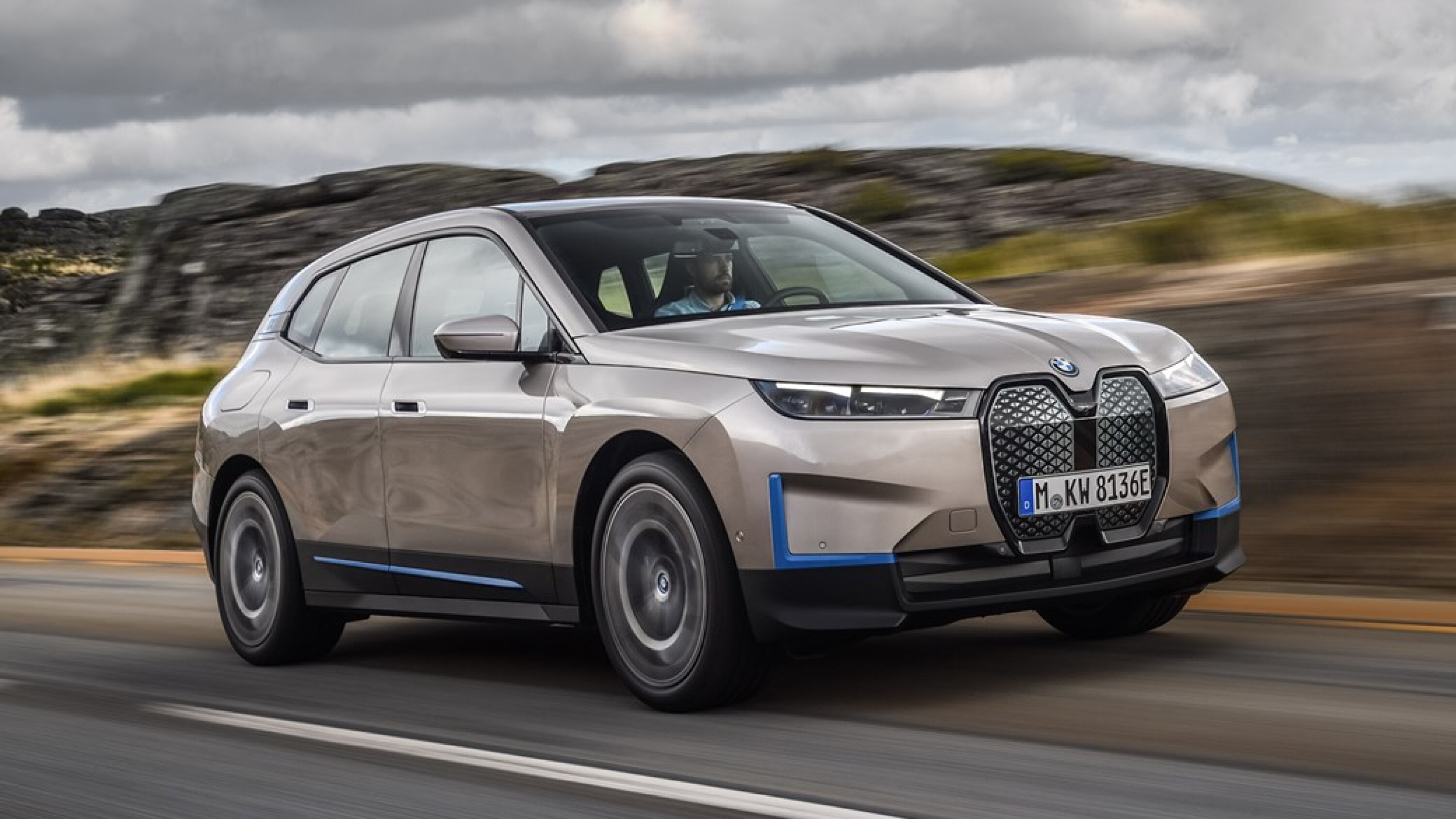
A study has revealed almost half of Australians are open to owning an electric vehicle, but remain concerned and uninformed.
Snapshot
- 48 per cent would consider buying an EV
- Driving range concerns, despite low requirements
- More public charging needed, lower price tags
The survey, commissioned by the BMW Group and conducted by Hall & Partners, included more than 1000 adult Australians aged between 18 to 75 years who held a valid driver’s licence.
EVs accounted for 7.4 per cent market share in the first quarter of 2023, compared to just 2.9 per cent in the same period in 2022.
However, despite the surge in new EV sales so far this year – spearheaded by the Tesla Model 3 sedan, Model Y SUV, and BYD Atto 3 SUV – key barriers to EV adoption remain.
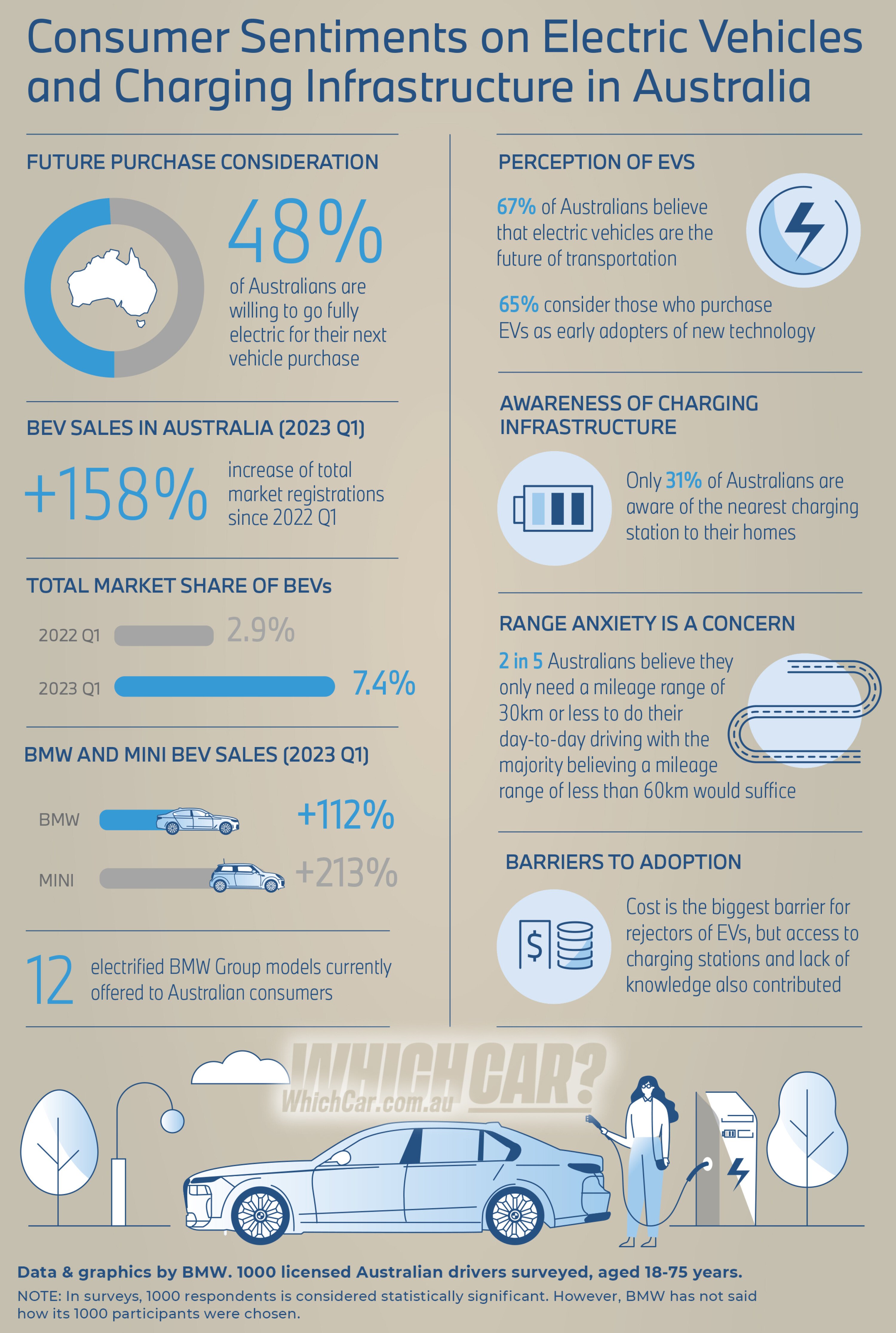
Open to EVs
Interestingly, 48 per cent of participants expressed interest in buying an EV – which may include switching vehicles or adding a vehicle to the garage. Males aged 18 to 34 indicated a higher likelihood of considering an EV for their next purchase.
While 67 per cent of Australians surveyed believe EVs are the future of transportation, 65 per cent agree that purchasing an electric car today still signifies early adoption of relatively new technology.
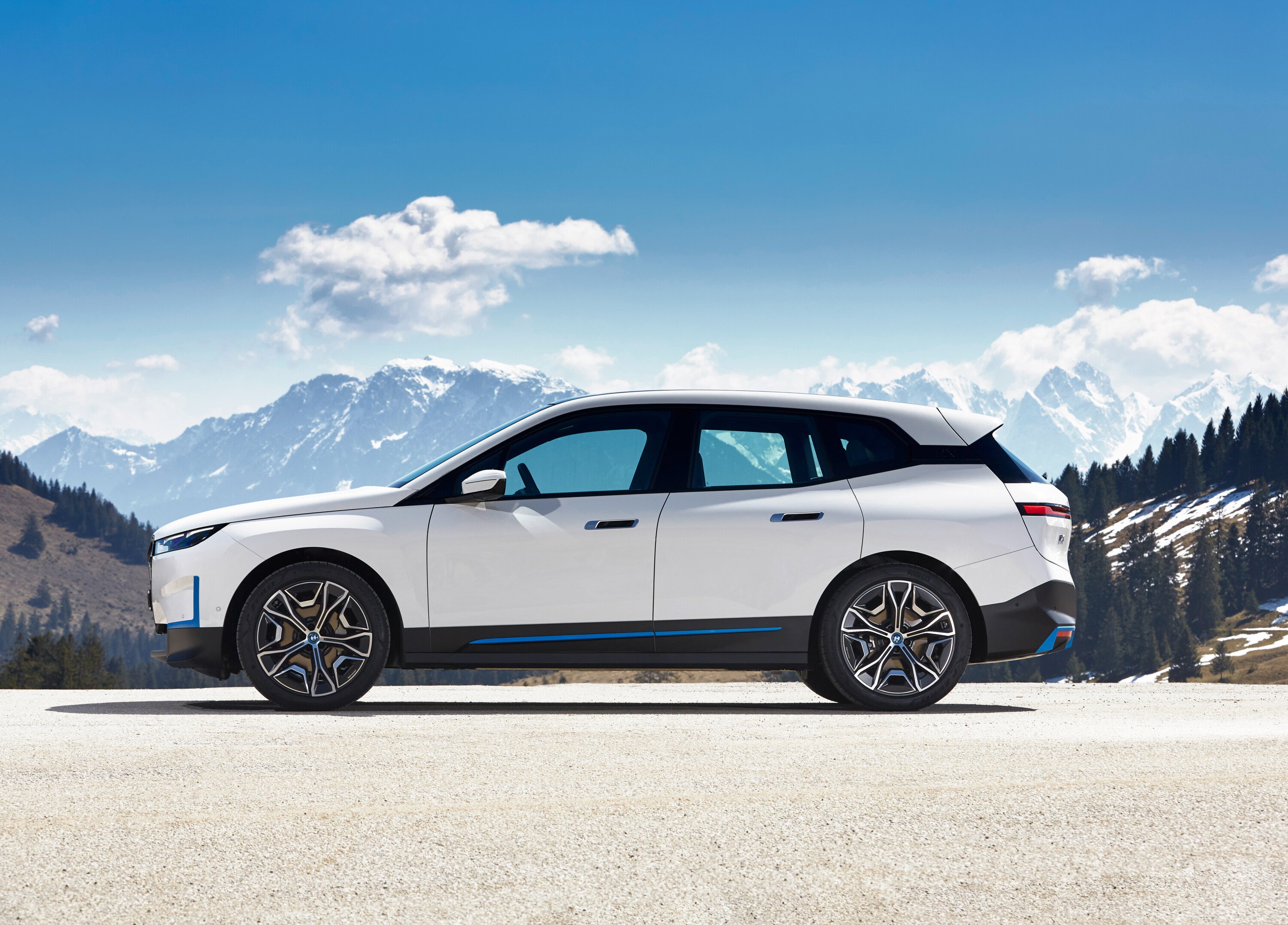
Lack of education
‘Range anxiety’ remains a prominent concern, with those surveyed emphasising the need for a widespread and accessible public charging network to offset driving range concerns.
However, only 31 per cent and 19 per cent of Australian participants were aware of the nearest public charging location near their homes and workplaces, respectively.

Additionally, 60 per cent believed that a total driving range of less than 60 kilometres would be sufficient for their daily driving needs, while the rest indicated a requirement for 30 kilometres or less range.
It’s worth noting that most EV models on sale today already provide between 200 to 600 kilometres of driving range from a full charge. Importantly, if you park a vehicle at home or work and can access a standard three-pin plug, you can comfortably trickle charge enough juice overnight to meet the aforementioned range requirements.
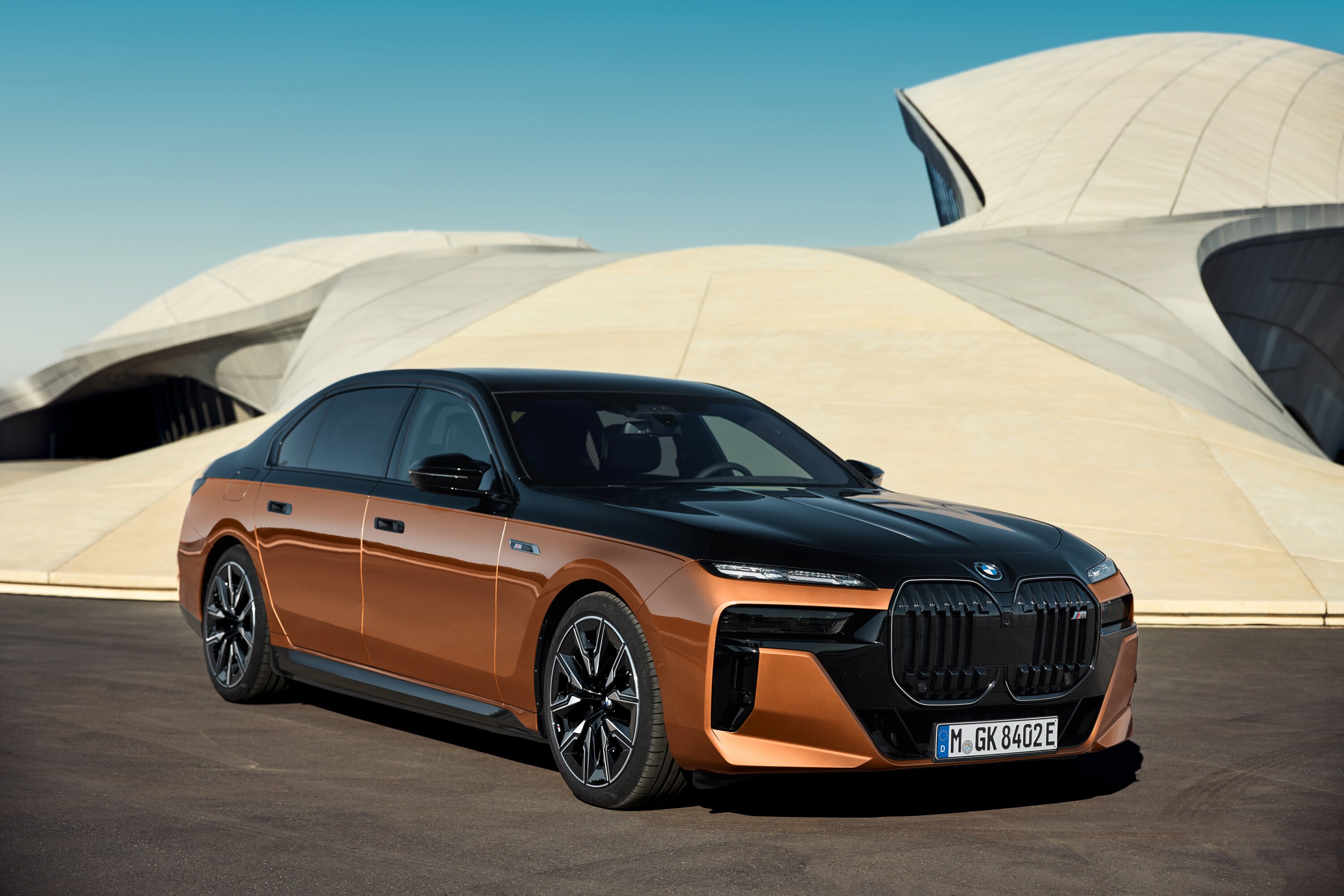
Price concerns
The purchase price of EVs was a primary reason for participants to avoid the switch, with new models today starting from $43,990 before on-road costs.
Despite the concerns, that’s the starting price of a petrol- or diesel-powered medium SUV – even though for that money, you can only get into an electric small SUV or hatch from the class below.
Most EV models are centred in the $60,000 to $100,000 range, which includes medium SUVs and sedans – or the price of a large SUV or popular ute.
Some electric models are also priced on par with comparable traditional combustion engine-powered rivals. While the initial price may be a deterrent, cheaper ownership and running costs over time will eventually recoup and surpass the EV price premium as you drive more.
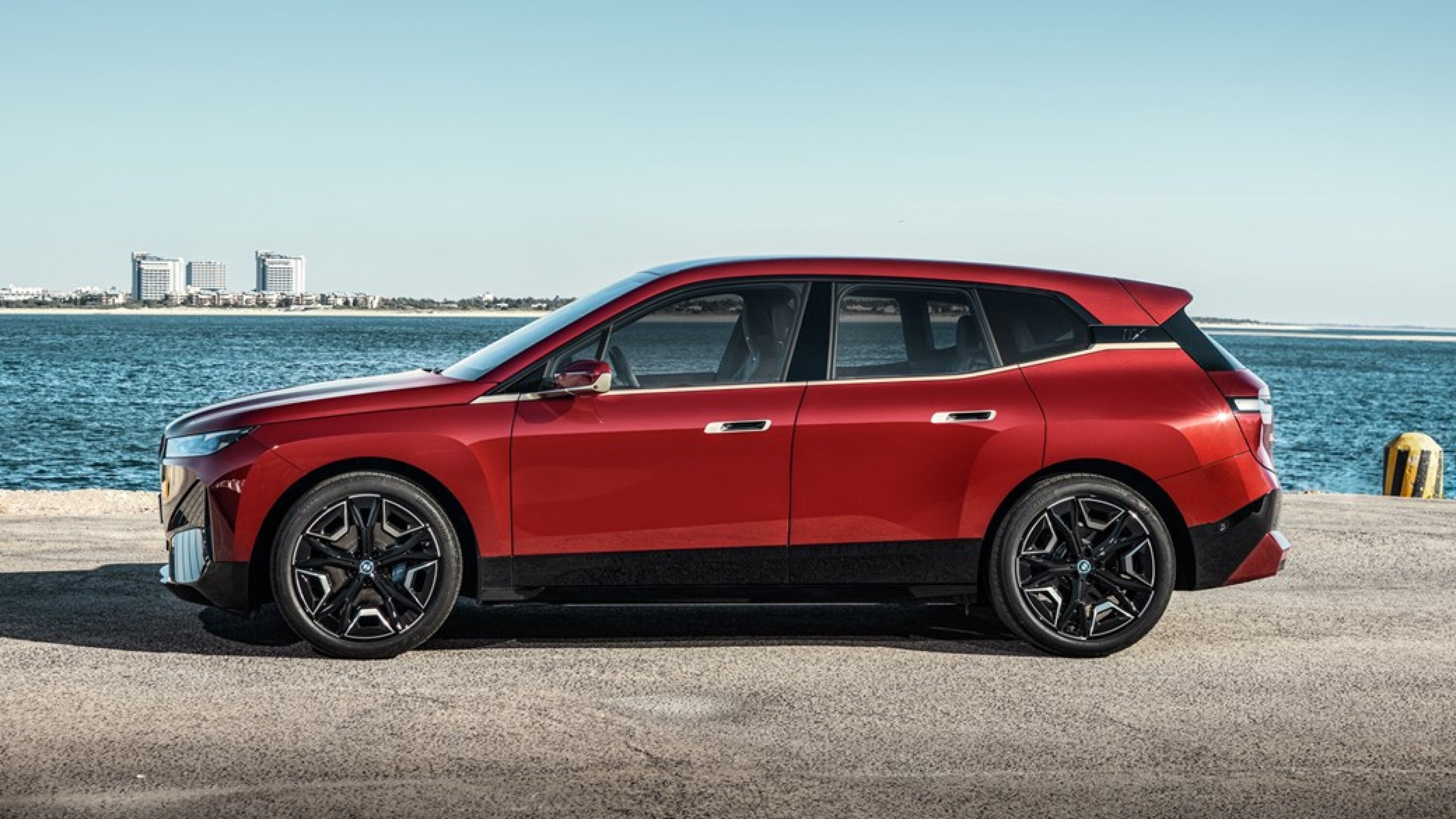
Anything else?
The survey didn’t cover charging times, battery longevity, battery safety, or environmental sustainability.
We recommend
-
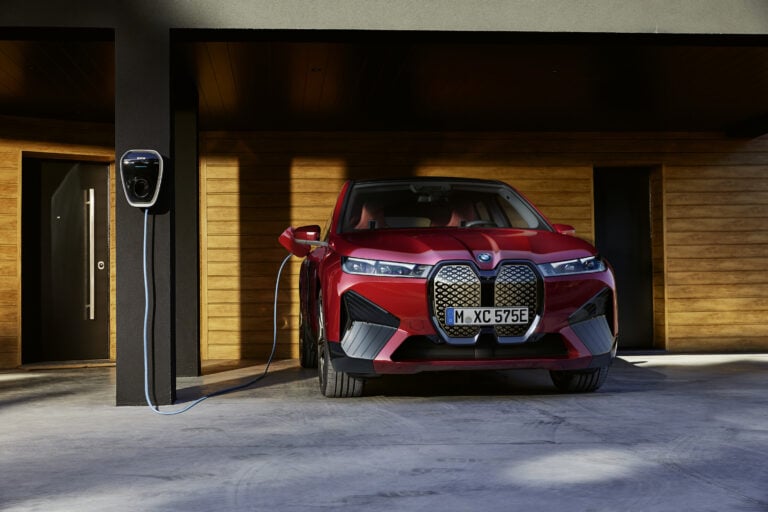 News
NewsEOFY: BMW Australia introduces electric Power Pack offer
BMW is sweetening the deal on its iX3 and iX xDrive 40 electric SUVs, as part of an end-of-financial year offer
-
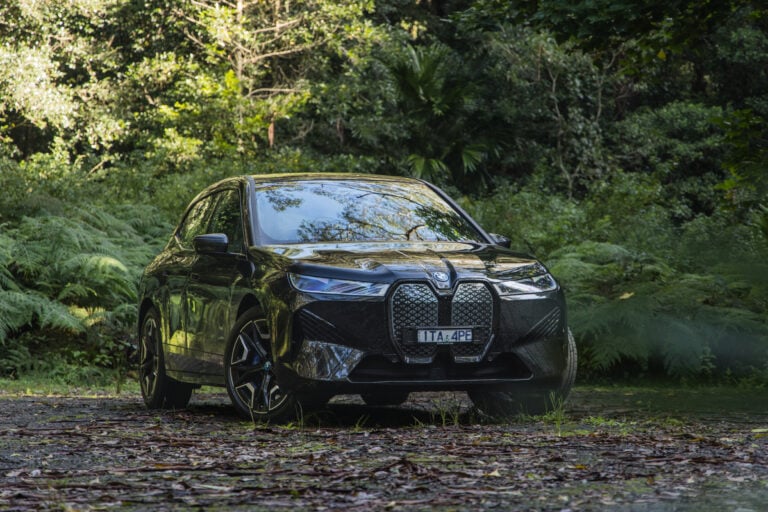 Reviews
Reviews2022 BMW iX review: Flagship electric SUV driven
BMW’s flagship – for the moment anyway – electric vehicle takes the form of a full-size, five seater SUV with big batteries and big price tags
-
 News
NewsRacing to spawn first electric BMW M-cars
BMW won’t produce full-electric M-power models until tech proves itself on the track




